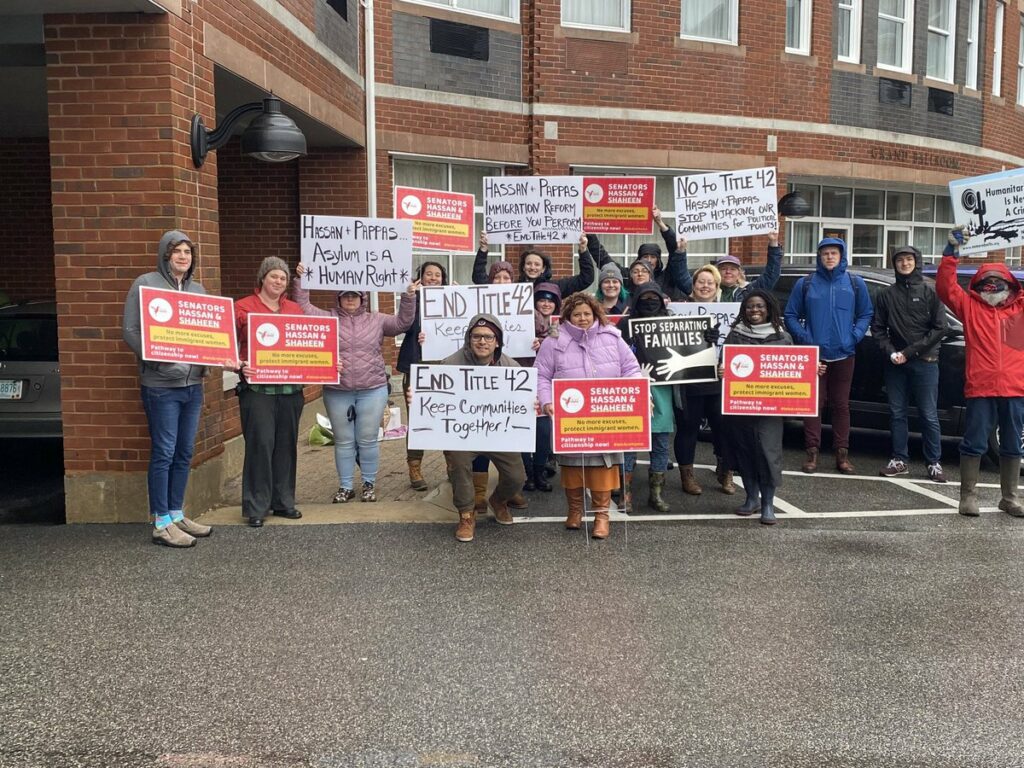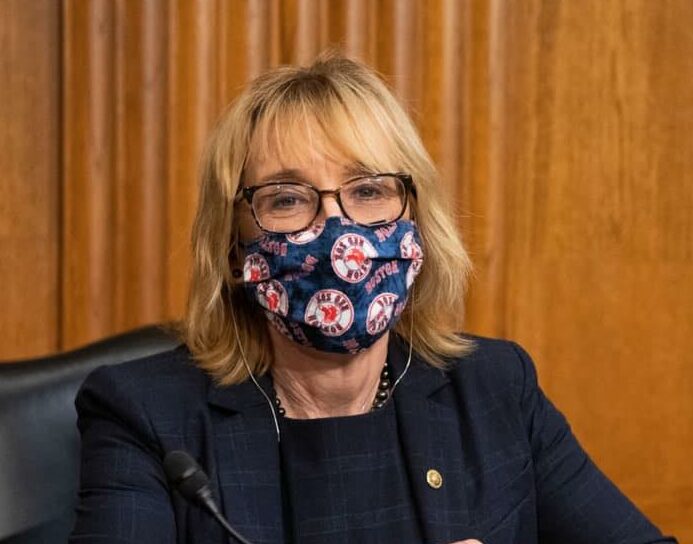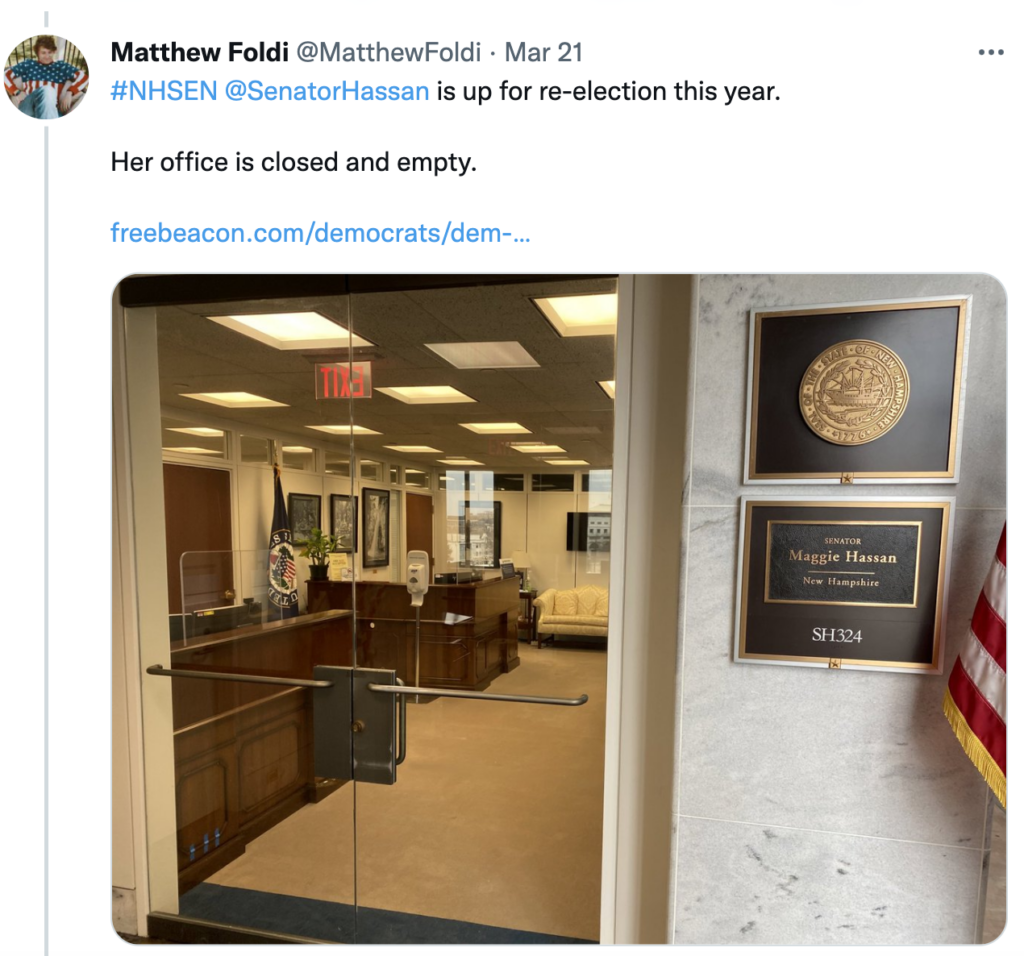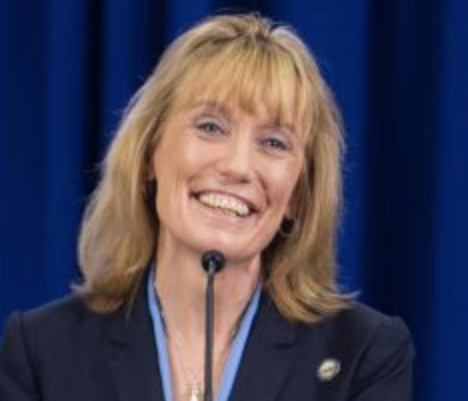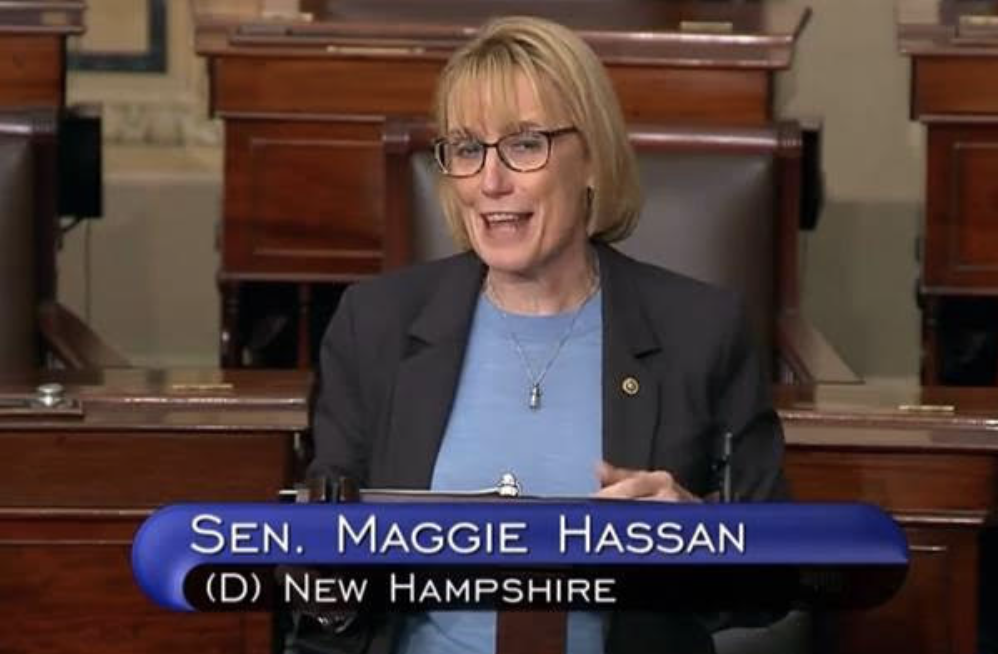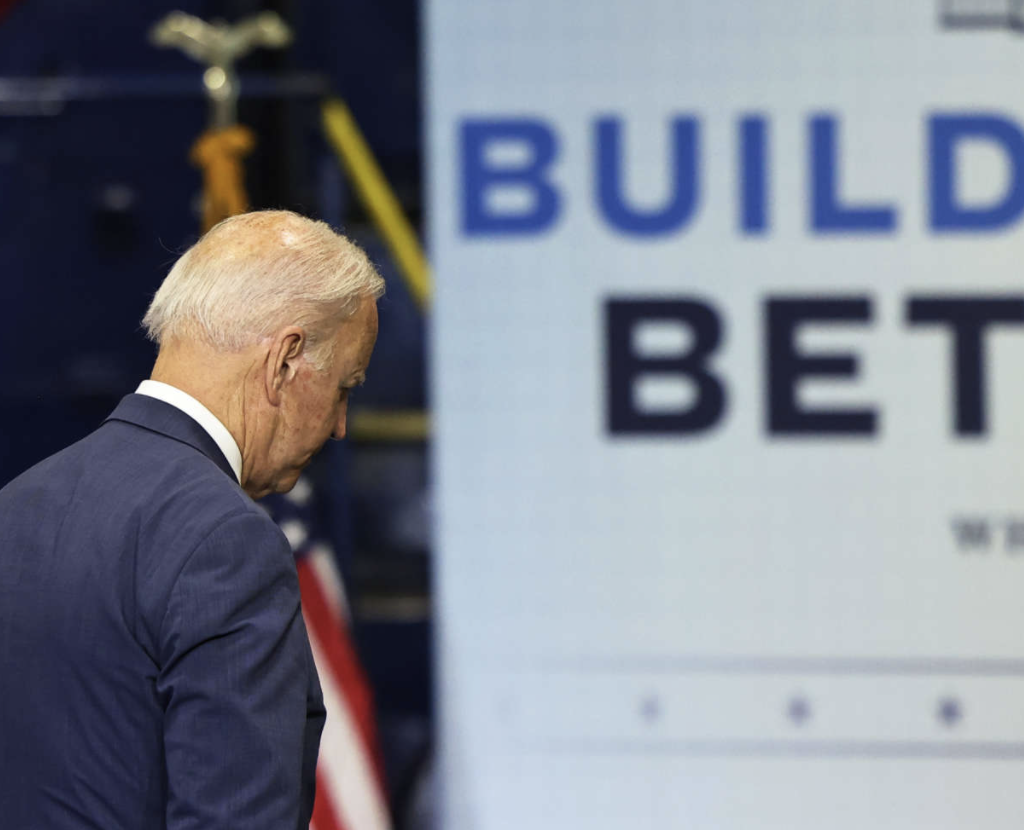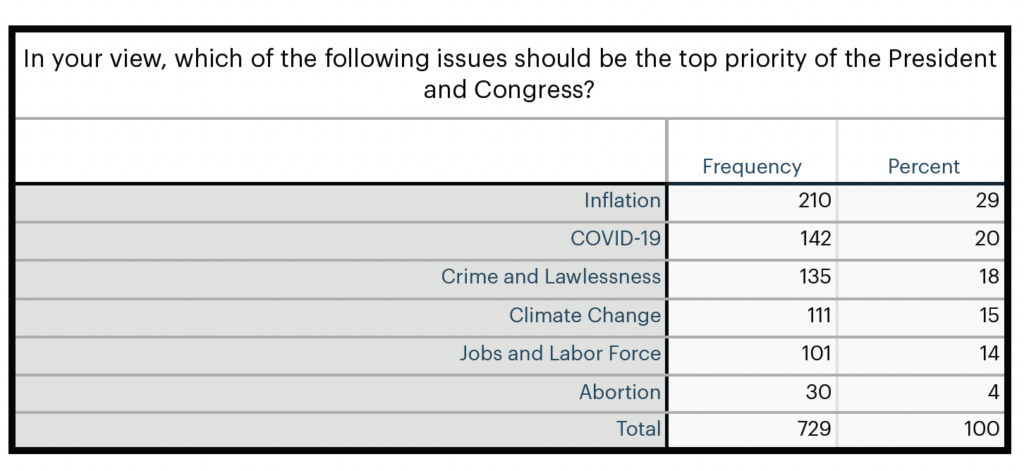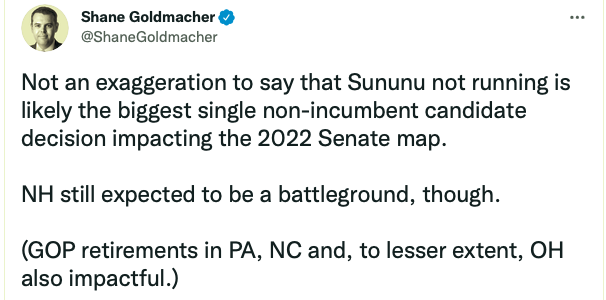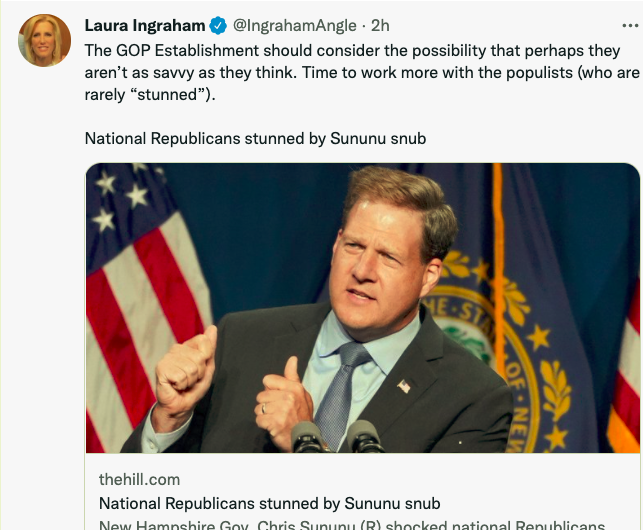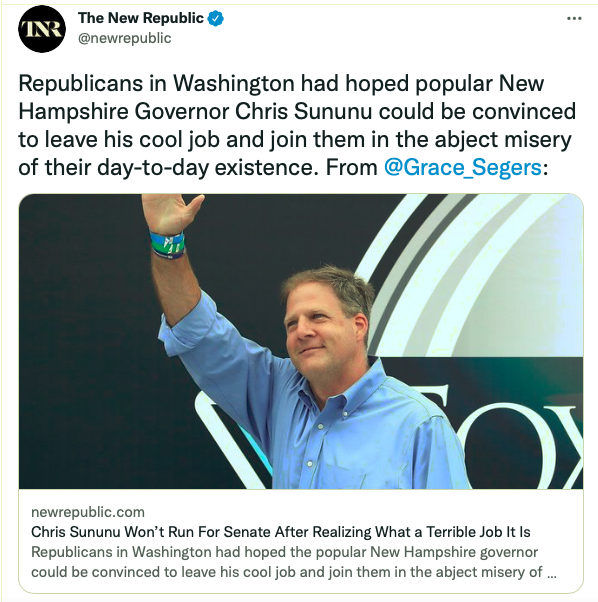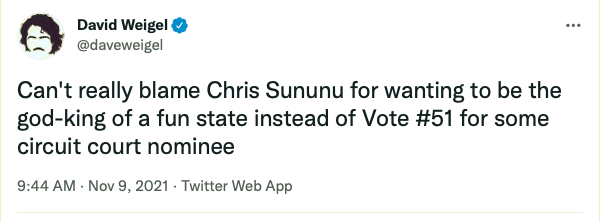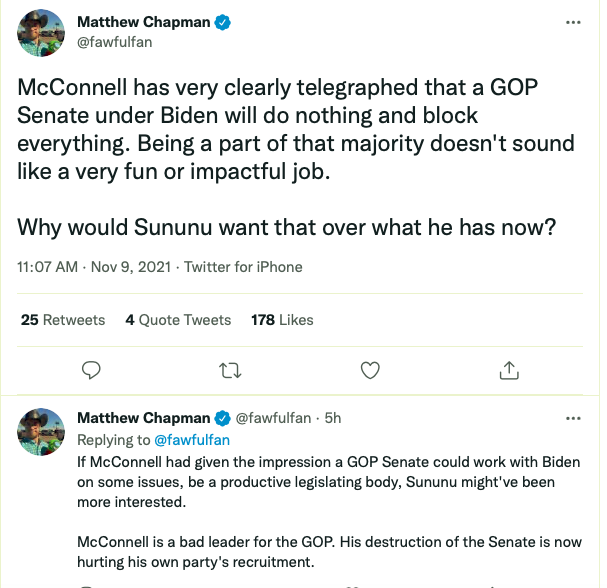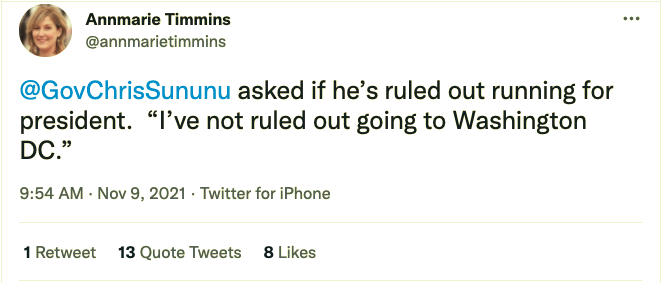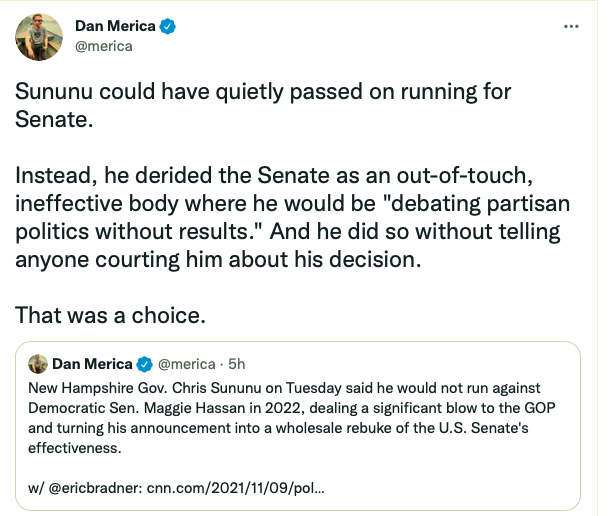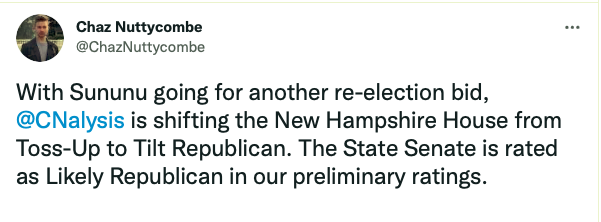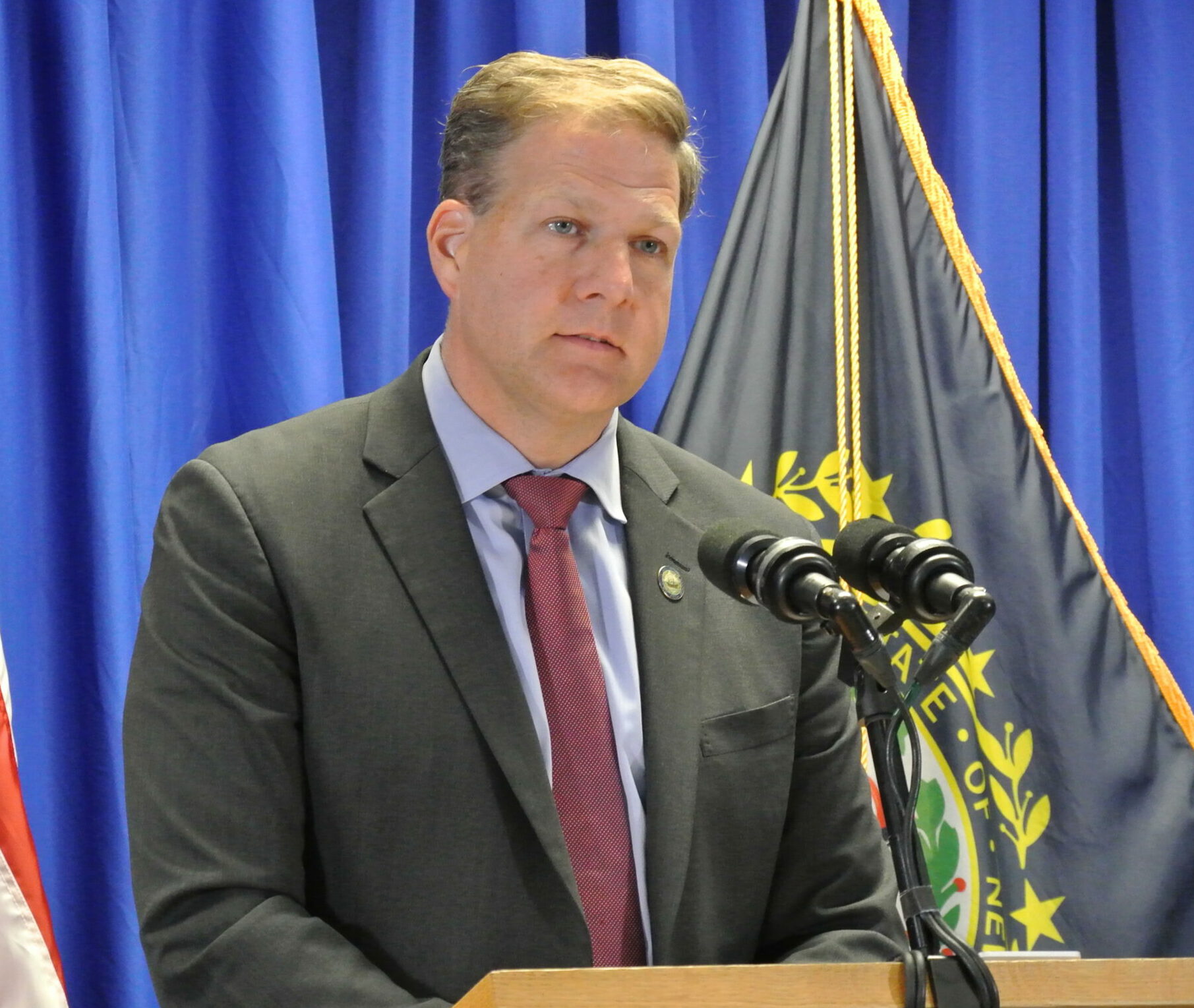Bunny’s and Chocolate Win Big at NH SBA Awards
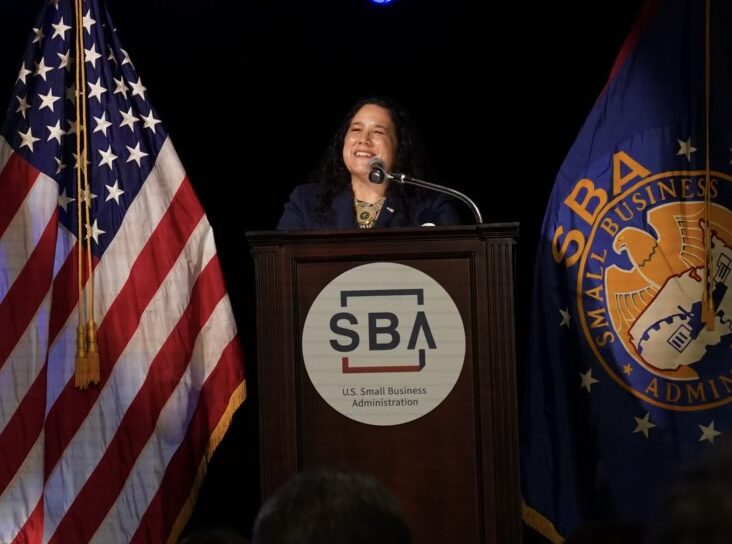
Pramod Nyaupane and his wife, Bibhuti Thapa, may take a moment to enjoy their award as the 2024 NH SBA Small Business Week Minority-Owned Business of the Year—but only after they’ve finished working.
“We work seven days a week. Hard work and long hours at work help keep peace at home,” Nyaupane said. “Our goal is to cut back. We want to work five days a week…starting 10 years from now.”
The owners of Bunny’s Superette, the convenience store that’s been a Manchester fixture since the 1950s, were among this year’s New Hampshire SBA Small Business Week winners honored during a celebration held Tuesday at the Tupelo Music Hall in Derry.
SBA Director Administrator Isabel Guzman, who took photos with the winners, delivered a message on behalf of the Biden administration.

“The SBA can power up business success stories,” Guzman said, touting the $50 billion in funding the agency handles annually to aid small businesses. She noted the Tupelo Music Hall itself needed SBA help at one point.
The small businesses honored on Tuesday are among 170,000 in the Granite State, according to Guzman, who said her agency has received about 40,000 new business applications from New Hampshire since 2021.
Nyaupane and Thapa both came to the United States separately in the early 2000s and made their way to Manchester. The couple got together in the Queen City, married, and began their business life.
After buying Bunny’s in 2010 and working hard to keep it successful, Nyaupane and Thapa expanded the business. They opened a new Bunny’s location on Elm Street in 2017, betting the store would thrive with the city. Nyaupane said Thapa is the secret behind their success.
“When your wife works twice as hard as you do, things go well,” he said.
District Director Award winner Richard Tango-Lowy was a physicist when he fell in love with chocolate in the 1980s. He spent years researching chocolate and teaching himself how to work with a confection with a history dating back to the Mayan civilization. When he decided to leap into the professional world of chocolate, Tango-Lowy’s wife was skeptical.
“I never planned to be a chocolatier. My wife said, ‘You’re going to make a living doing what?'” Tango-Lowy said.
He spent more years studying chocolate with masters in the field. He went to Vancouver to take the Ecole Chocolat’s Professional Chocolatier course, to France and later Tuscany to earn his Master Chocolatier certifications, and to Ecuador to learn how to go from chocolate bean to chocolate bar. In 2011, he opened Dancing Lion Chocolate, which is a shop, cafe, and production kitchen in Manchester. Dancing Lion has gone on to be recognized as one of the premiere chocolate shops in the country and Tango-Lowy as one of the best chocolatiers.
Both New Hampshire Sens. Jeanne Shaheen and Maggie Hassan were on hand to honor the small business owners.
Businesses like Bunny’s and Dancing Lion drive the economy and innovations, Shaheen said.
“I think most of us know that about two-thirds of jobs are created from small businesses. But my favorite statistic about small businesses is that you create 16 times more patents than large businesses. I think most people don’t realize that. And I think it’s one reason that the U.S. Patent and Trade Office just decided to locate its northern New England office in New Hampshire, which is very good news for all of us,” Shaheen said.
Hassan’s message was that freedom is essential to small business success.
“All the small business owners here are also a testament to the difference that freedom can make. And I want people to just focus on this for a minute, a lot of things that we can take for granted living in New Hampshire, living in the United States. I think one of them is democracy and freedom, and it’s something that is essential to the kind of progress and the kind of strength that you all exhibit here today,” Hassan said. “Because to be individually free is to be free to innovate, to be free to do the thing you love to do, to contribute your talents, to be able to try something and fail and then try again. There is no limit to our creativity, but we all have to be free and live in this democratic society in this democratic system.”
Among the other winners Tuesday:
Small Business Persons of the Year, Susan Borchert and Betsy Harrison, Counseling Associates, PLLC, New London; Home-Based for NH and New England, Logan Snyder, HasOptimization, LLC, Canterbury; Young Entrepreneurs for NH and New England, Bryce Harrison – Ian Lubkin – James Gaudreault, Cheese Louise, Portsmouth – North Conway – Portland, Me.; Veteran Owned, Ken Whitten and Joseph Whitten, Apparel Impact, LLC, Hooksett; Woman Owned, Danielle Jones, Abenaki Trail Restaurant and Pub, North Conway; Financial Services Champion, Patricia Grauwiler, Enterprise Bank and Trust Co., Salem; Small Business Manufacturer, Justin Sousa, Sousa Signs, LLC, Manchester; Jeffrey Butland Family Owned Award, Tom and Sally Wilkins, Wilkins Lumber Co., Inc., Milford; Micro-Enterprise, Andrea Lee Daniels, and Quality Press, Inc., Concord.


